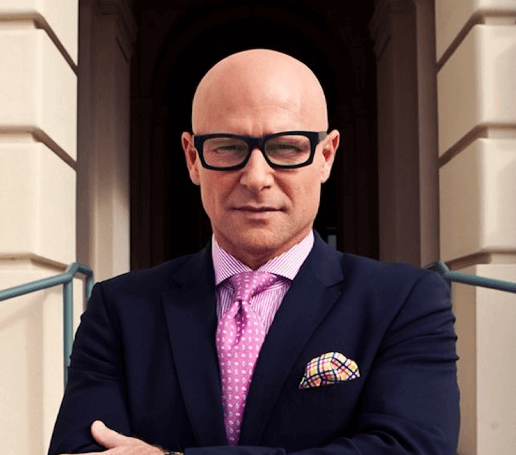In California, an arrest for a DUI triggers two cases. One case is in the criminal courts. The other is a Department of Motor Vehicles (DMV) case. A California DUI lawyer can handle both cases. Due to a recent change in California law, courts can no longer suspend a driver’s license. Only the DMV can suspend a driver’s license. The DMV will suspend a driver’s license upon a finding of Guilty at the DMV hearing or in the criminal case.
A DMV hearing must be requested within ten days of a drunk driving arrest in California. If a hearing is not requested in a timely manner, one may not be granted. Ten days means ten calendar days. Weekends and holidays count as part of the ten days. Failure to request a hearing will result in an automatic thirty-day suspension of driving privileges. Drivers from out-of-state should request a hearing too. Under the Interstate Driver’s License Compact an out-of-state driver may have his or her driving privileges suspended as well.
An Administrative Per Se Hearing (APS) or DMV hearing follows an arrest for driving under the influence. Generally, the two major issues at an APS hearing are whether the driver submitted to a chemical test or whether the driver refused a chemical test. If the test was submitted to, the hearing will be about the legitimacy of the tests. If there is alleged refusal, the hearing will concern whether the driver was properly warned of the consequences of refusal, among other considerations.
Where the chemical test was done, three issues arise. The first is whether the officers had reasonable cause that the driver was under the influence. Second is whether the arrest was lawful, and the third issue is whether the driver’s blood alcohol content (BAC) levels were above the legal limit at the time of driving.
Where there was no chemical test and the issue is refusal, it must be found out whether the driver was properly warned of the consequences of refusal. It must then be determined whether the driver refused the test after having been warned of the consequences. Refusal to submit to the chemical tests pursuant to the Implied Consent Law will result in longer license suspensions than are handed down to those who do consent to the tests. For example, a typical suspension for a first-time DUI can be four months, while those who refuse to test will get a one-year suspension with no leniency to allow for driving to work.
The Department of Motor Vehicles hearing differs from criminal court action in that the judge and the prosecutor are the same person. Furthermore, the DMV hearing is a process that is civil and not criminal in nature, and therefore fewer constitutional protections are available. Generally,a skilled and experienced California DUI Lawyer will review the circumstances of the arrest through the police reports and the chemical tests in order to launch an attack on the evidence at the DMV hearing as being hearsay, and therefore inadmissible. If the assault on the evidence is successful, a suspension of driving privileges will not occur.


